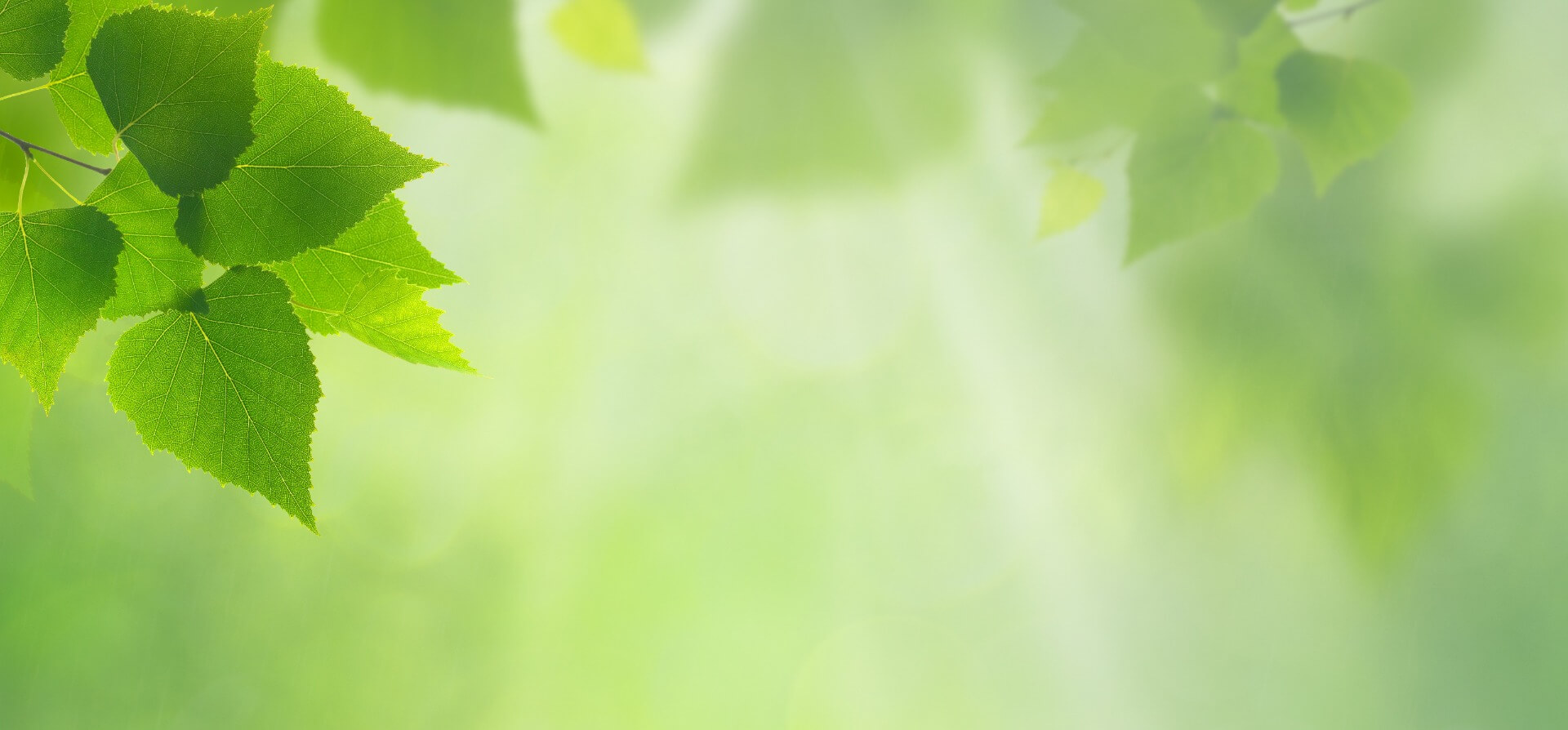

"We need spiritual nurture...a practice that comforts us...opportunities to find affirmation and the means of expressing our despair, and we need to be in ongoing conversation with [Mystery] in whatever way works for us." Dayle Friedman
Sometimes, images occur as I ponder the loss of another; in trying to capture those images, I find solace, as if life itself is reminding me what it is, and how complicated it can be.
After the Tide
Grief rolls in, a long while rolling,
overtaking the known shore.
It touches my feet, cold insistence
as I stand stiffly above it,
half wishing to be taken,
to let the suck of it
pull me under the grey sheet.
Next morning, I awaken at dawn.
Walk back to the place I stood.
The water has receded, leaving
a dark, wet scar on the sand.
And there, scattered across
the smooth depression
where my weight had pressed:
scattered shells, a single
perfect stone, worn glass
green as a memory,
a twist of bleached weed –
sea treasures left behind
in the hollow my vigil made.
I kneel. Touch the cold glass.
The stone fits my palm.
A gull cries, high up.
Already, far out, as
the next slow roll begins.
Sandstone Psalms for Your Days of Longing
You do not need faith to kneel in this place...where lichen-scribed stones, their grayed backs rounded beneath centuries of rain, keep their silent vigil.

Stones do not speak, but
they listen,
holding the weight of their own mysterious transformations
like a river's surface holds moon, sun and sky,
quietly, gently, completely.
When your grief arrives, a storm without season,
hold the cool face of a stone in your hand.
Trace the map of eternity etched there:
the delicate vein, the crystalline scar,
cradling the world's fractures
without having crumbled to pieces.
These bones of the earth
are anchors for our drifting souls.
Each a silent hymn to what endures.
Bury one in your pocket, let its gravity
remind you: even the deepest sorrow
is a tide, another force of change.
_________________
Let each teach you forbearance and patience;
how to persist in the paradox of life.
You are not finished with your transformations.
________
Being Human is the Hardest Path There is
Linda Clark-Borre
"Later, I would stumble upon the path to a better world not in spiritual theories…but in the softness of a broken heart, in the fires of daily life…on the way, I turned and met the friendly forces, and felt the hands of transformation begin to work on me." ~ Elizabeth Lesser, from Broken Open: How Difficult Times Can Help Us Grow
How to define spiritual wellness? Anyone who's ever felt "dispirited," unbalanced, or discouraged can know it based on what it is not. Spiritual wellness is the opposite of feelings of absolute despair, unrelenting grief, and endless loneliness. Although it may mysteriously encompass painful emotions, the durable spirit is not limited by them. It can encompass "religion" - or not.
Regardless of personal belief system, anyone can benefit from spiritual support and nurture. Spirituality is less about rote precepts or rules than about how one relates to everyday living. It's about being faithful to the ideals and beliefs that matter most to you.
We rarely have the opportunity to discuss such things outside traditional formal pastoral office settings. It's not common to open one's heart this way in community life. This, despite the yearning to release our pain, or to consider our most profound questions safely and without judgment. We may have been encouraged to "have faith" by well-meaning others. Still, it's the rawness of our unique experiences that comprises the essential spirituality from which a personal faith emerges.
With that introduction, welcome to these pages, which offer a glimpse into my lifelong research on the elements of spiritual wellness, often referred to as spiritual durability.
The philosopher Michael Polyani proposed that "we [each] know more than we can say." We are, indeed, wiser than we know. Plumbing our depths as individuals is the work of a lifetime, but those willing to explore this way often find that the effort itself leads to a richer inner life, one that is both solace and refuge.


This is The Shape of Belonging
Beneath the hum of wired skies,
we drift like shadows through the noise -
our voices frayed at the edges,
lost in the static of a thousand screens and dropped connections.
We have become strangers to our own tongues,
forgetting how the soul speaks
in the quiet between breaths,
how the ear must bend low
to hear the tremor in another's silence.
Eyes once fluent in the language of depth
now skim surfaces,
mirrors clouded
by the breath of hurry.
Yet the oak does not rush its roots
through the patient dark;
the river carves its truth
by staying close to the stone.
What if the way back begins
where pavement cracks?Where green tendrils rupture concrete,
the earth still dreams.
Let's find places where field meets forest,
and let dandelions and thistle
teach us the grace of resilience.
In our bending toward the fractured and the frail,
In our gentle cradling of the trembling wing,
In our search for ways to name the unspoken anguish,
we tend to the matter of our own scattered souls - the ash, pollen, and grit of our collective unspent grief
And unearth the shape of our own belonging—
a melody hummed by the world
when we finally learn to listen.
Linda Clark-Borre
___________________

The Art of Spiritual Caregiving
Community-based chaplains provide comprehensive interspiritual care and emotional support. They exist to help communities, individuals, families, and those in stressful occupations through simple presence and listening. We believe everyone should have someone to turn to when it appears there is nowhere else to go.
Twenty-five years ago, while working in the medical field, I learned of a Hopi healer living in Arizona who was deeply respected for his compassionate "interfaith" service to patients at a hospital near the reservation where he lived. I'd heard stories of people in pain who, upon encountering the healer, could rise from their beds with renewed spirits.
I assumed he had some miraculous and other-worldly gift. On a trip to the reservation area, I found his son, Lance, a Hopi cultural interpreter. Through him, I was able to discern the nature of his father's work, which he described in the simplest terms:
"Doctors, nurses, families, and others call on me to bring presence, prayers, and rituals as needed or desired. Whether a patient survives or is in the process of leaving this world is not up to me. I look into a person to locate discomfort at the level of their soul. A sense of integration or wholeness of spirit is essential for the patient and the family at any point in the cycle of their lives...
"I help people recover the lost parts of their souls."
I'd never heard a better description of a spiritual caregiver's work.
That day, I understood that whole-hearted presence, a listening ear, discernment, and a sure sense of inner grounding were more than an inspiring life goal; together they comprised the essence of spiritual well-being.
